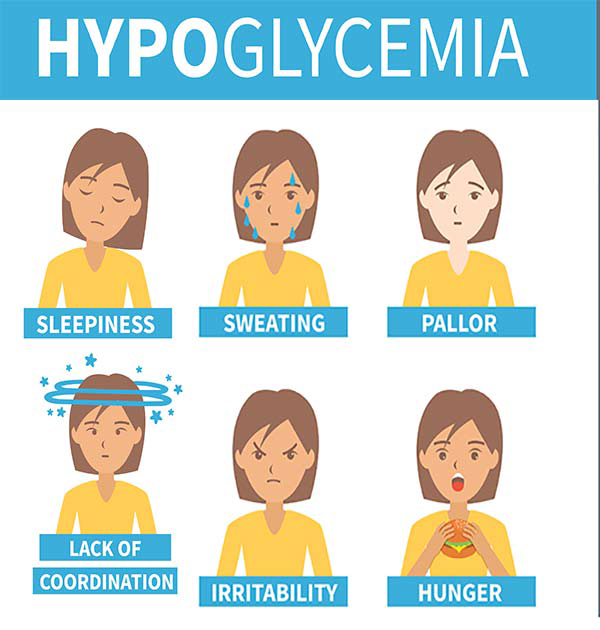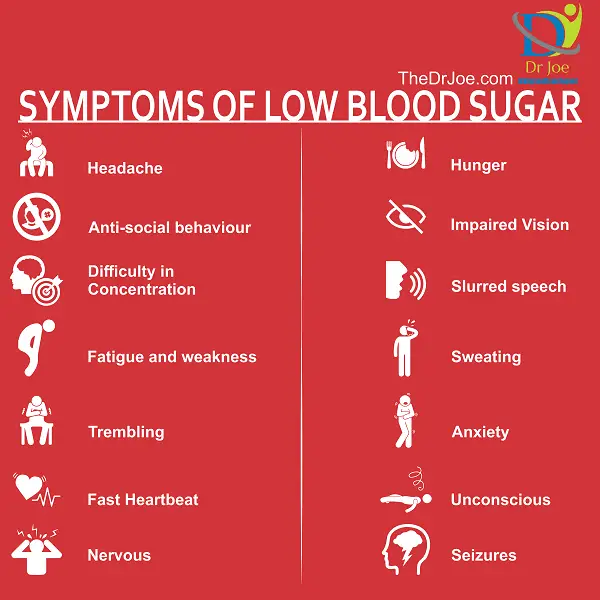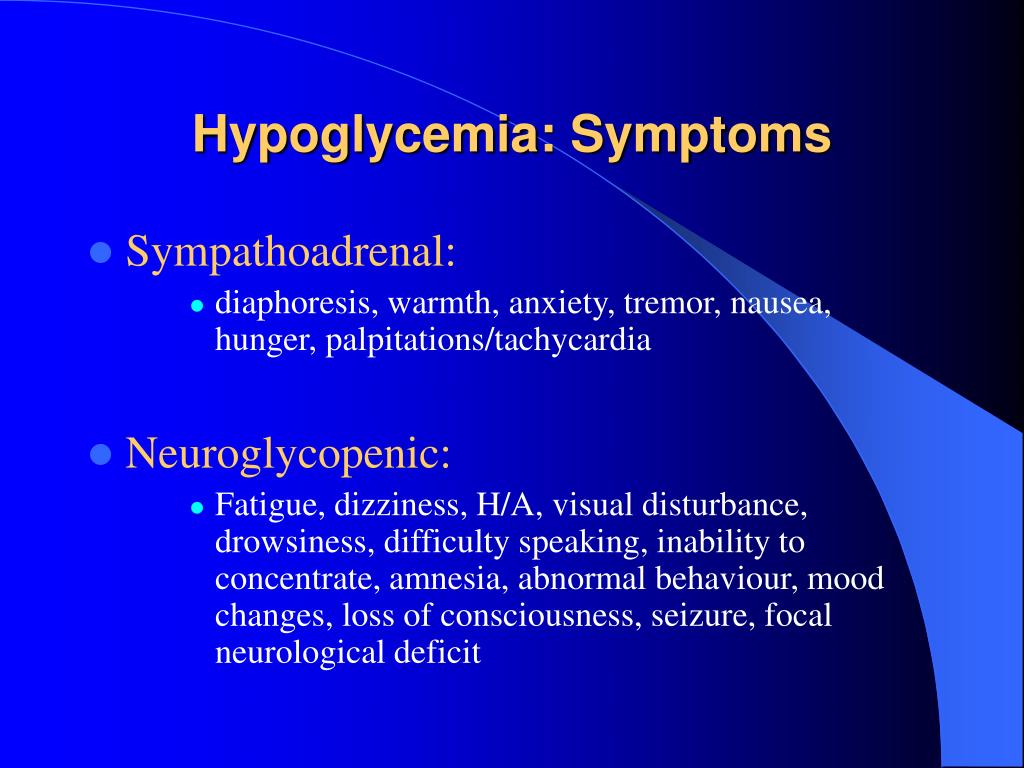what are the symptoms of non diabetic hypoglycemia High fasting blood sugar non diabetic
Hypoglycemia, also known as low blood sugar, is a common condition that affects people with diabetes. It occurs when the blood glucose levels drop below normal, leading to a variety of symptoms. Understanding the symptoms, causes, risks, and treatment options for hypoglycemia is essential for managing diabetes effectively.
Symptoms of Hypoglycemia
When blood sugar levels drop too low, the body sends out warning signs and symptoms. Some of the common symptoms of hypoglycemia include:
- Feeling shaky or trembling
- Sweating excessively
- Feeling weak or fatigued
- Becoming anxious or irritable
- Experiencing confusion or difficulty concentrating
- Having blurred vision
- Feeling lightheaded or dizzy
It is important to note that these symptoms can vary from person to person, and it is essential to monitor blood sugar levels regularly to avoid complications.
 If you experience any of these symptoms, it is crucial to address them promptly. Ignoring hypoglycemic episodes can lead to loss of consciousness or seizures, which can be life-threatening.
If you experience any of these symptoms, it is crucial to address them promptly. Ignoring hypoglycemic episodes can lead to loss of consciousness or seizures, which can be life-threatening.
Causes and Risks of Hypoglycemia
Several factors can contribute to hypoglycemia in people with diabetes. One common cause is taking too much diabetes medication, especially insulin, without consuming enough carbohydrates to match the medication dosage.
Physical activity, alcohol consumption, and skipping meals can also trigger episodes of hypoglycemia. Additionally, certain medications, such as beta-blockers, can mask the symptoms of low blood sugar, making it harder to detect.
 Treatment Options for Hypoglycemia
Treatment Options for Hypoglycemia
Managing hypoglycemia involves promptly raising blood sugar levels to prevent further complications. Here are some effective treatment options:
- Consuming 15 grams of fast-acting carbohydrate, such as glucose tablets, fruit juice, or regular soda
- Rechecking blood sugar levels after 15 minutes and repeating the process if needed
- If the person is unconscious or unable to swallow, administering glucagon injection or calling for emergency medical assistance
Preventing hypoglycemia is also crucial. Regular monitoring of blood sugar levels, following a balanced meal plan, exercising regularly, and consistently taking the prescribed diabetes medications or insulin can help maintain stable blood sugar levels.
It is important to consult with a healthcare professional to create an individualized diabetes management plan that includes guidelines for avoiding and managing hypoglycemia.
Remember, managing diabetes and hypoglycemia requires a comprehensive approach that includes lifestyle modifications, regular check-ups, and proper medication adherence. By staying informed and taking proactive steps, individuals with diabetes can effectively manage hypoglycemia and lead a healthy life.
If you are looking for Diabetes by Health N Sugar Blog | Hypoglycemia, Diabetes you’ve visit to the right page. We have 5 Pics about Diabetes by Health N Sugar Blog | Hypoglycemia, Diabetes like High Fasting Blood Sugar Non Diabetic - FastingTalk.net, non diabetic hypoglycemia symptoms and also Diabetes by Health N Sugar Blog | Hypoglycemia, Diabetes. Here it is:
Diabetes By Health N Sugar Blog | Hypoglycemia, Diabetes
 www.pinterest.comhypoglycemia diabetes hyperglycemia diabetic hypo causes reactive insulin glucose hypoglycaemia hypos hypothyroidism adrenaline learna
www.pinterest.comhypoglycemia diabetes hyperglycemia diabetic hypo causes reactive insulin glucose hypoglycaemia hypos hypothyroidism adrenaline learna
PPT - Non-Diabetic Hypoglycemia PowerPoint Presentation, Free Download
 www.slideserve.comhypoglycemia diabetic non symptoms ppt powerpoint presentation
www.slideserve.comhypoglycemia diabetic non symptoms ppt powerpoint presentation
Non Diabetic Hypoglycemia Symptoms
 sosdoctors.blogspot.comdiabetic hypoglycemia symptoms non
sosdoctors.blogspot.comdiabetic hypoglycemia symptoms non
Hypoglycemia In Diabetes - Symptoms, Causes, Risks, Treatment
 rxdx.inHigh Fasting Blood Sugar Non Diabetic - FastingTalk.net
rxdx.inHigh Fasting Blood Sugar Non Diabetic - FastingTalk.net
 www.fastingtalk.netNon diabetic hypoglycemia symptoms. Diabetic hypoglycemia symptoms non. High fasting blood sugar non diabetic
www.fastingtalk.netNon diabetic hypoglycemia symptoms. Diabetic hypoglycemia symptoms non. High fasting blood sugar non diabetic